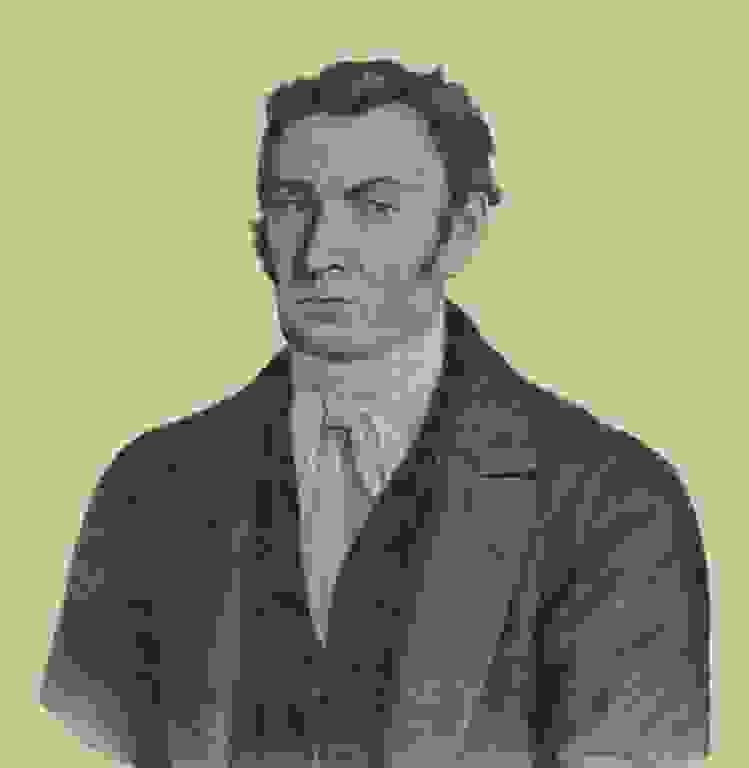History
In the 19th century, the Kunzareal in Unterwindisch was home to one of the largest spinning mills in Switzerland. Today, heritage-protected buildings and the industrial atmosphere bear testimony to this era.
Heinrich Kunz was born in 1793 in Oetwil am See as the son of a hand weaver and farmer. After leaving school, he completed a trade apprenticeship in a cotton spinning mill in Alsace. With English yarn deliveries cancelled owing to the Continental Blockade, Heinrich Kunz was able to use precise cost calculations and machine plans to persuade his father to set up 700 hand spindles in the attic of his home. At the end of 1811, Heinrich Kunz returned home and took over the management of the spinning mill. He quickly realised that replacing the current manual operation with water power could produce yarn of a higher quality at lower cost.
In 1827, Heinrich Kunz laid the foundations for his spinning empire in Windisch. Although he owned other spinning mills elsewhere, owing to the constant availability of water power, Windisch was reportedly one of the largest spinning operations of its day on the continent. Hence, by the mid-19th century, Heinrich Kunz was known as the ‘spinning king’. Heinrich Kunz was a hard-nosed entrepreneur. His employees in Windisch had to work 14.5 hours a day, six days a week. Child labour was also commonplace under the uncompromising owner. The name of the factory pioneer was frequently accompanied by the adjective ‘infamous’.
Around 1900, the Kunz spinning mill in Windisch employed more than 1,500 people. At this time, the Kunz spinning mill was the largest industrial site in Switzerland. In 1941, following various changes of owner, industrial company Oerlikon Bührle acquired the entire Kunz Group, including the Windisch site. By this time, however, the heyday of the Kunz spinning mill was already over. Structural change and the associated decline of the Kunz spinning mill in Windisch were irreversible. After several changes of ownership and failed rescue attempts, the spinning mill closed its doors for good in 2000.







